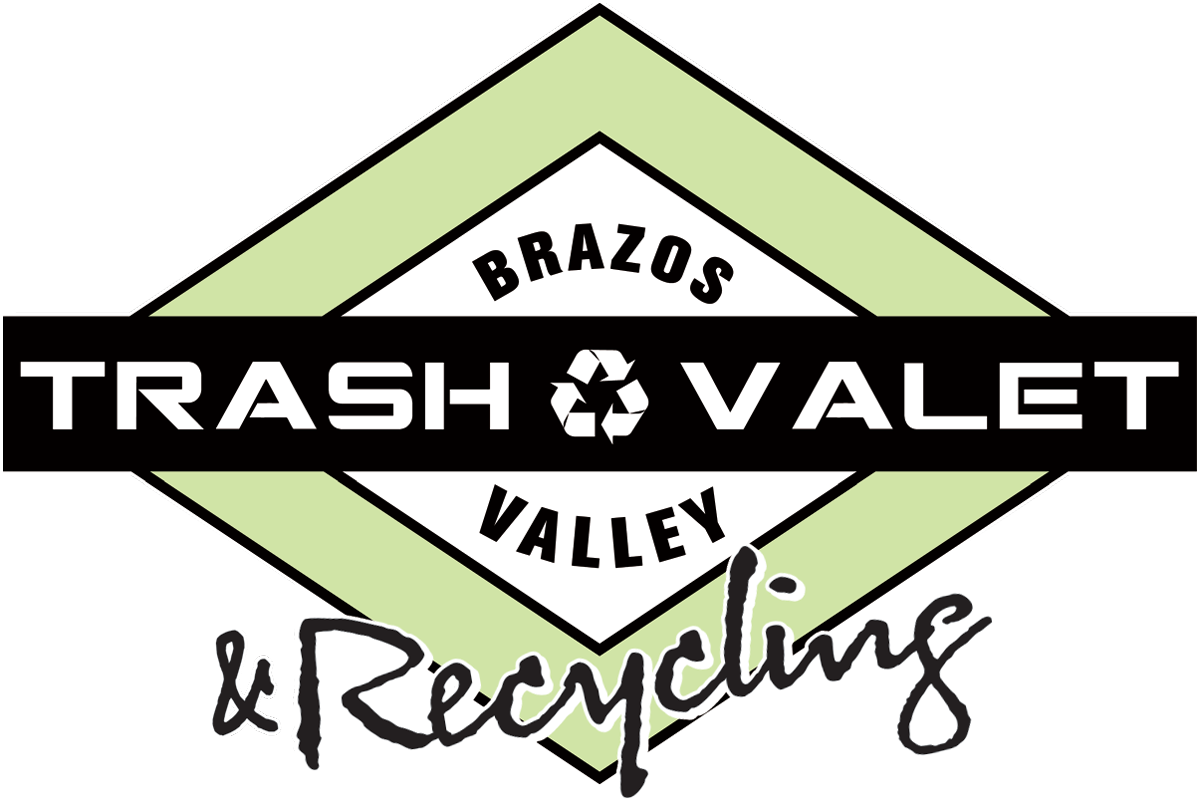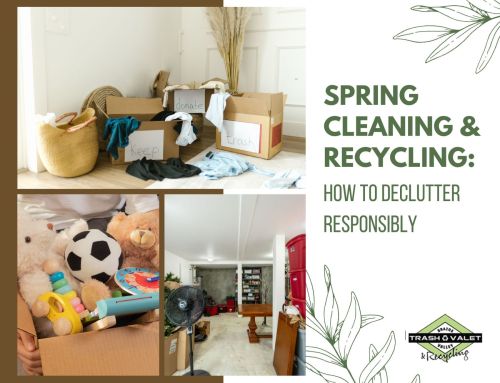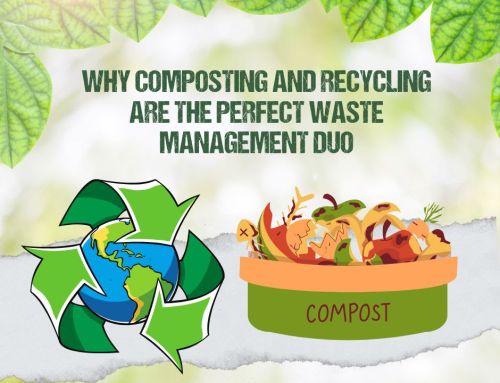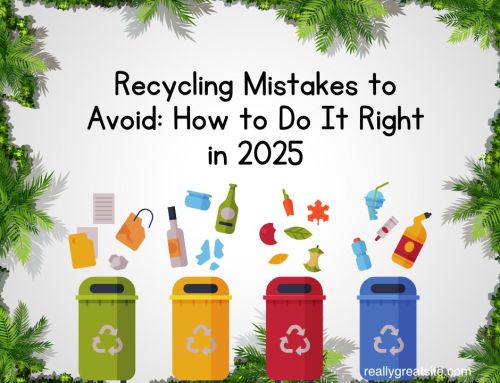Composting 101: Turning Food Scraps into Nutrient-Rich Soil for Your Garden
Composting is a simple yet powerful practice that allows us to transform food scraps and organic waste into nutrient-rich soil. It not only helps divert waste from landfills but also provides a sustainable solution for enhancing soil fertility and reducing the need for synthetic fertilizers. In this blog post, we’ll delve into the basics of composting and how you can turn your food scraps into valuable compost for your garden.
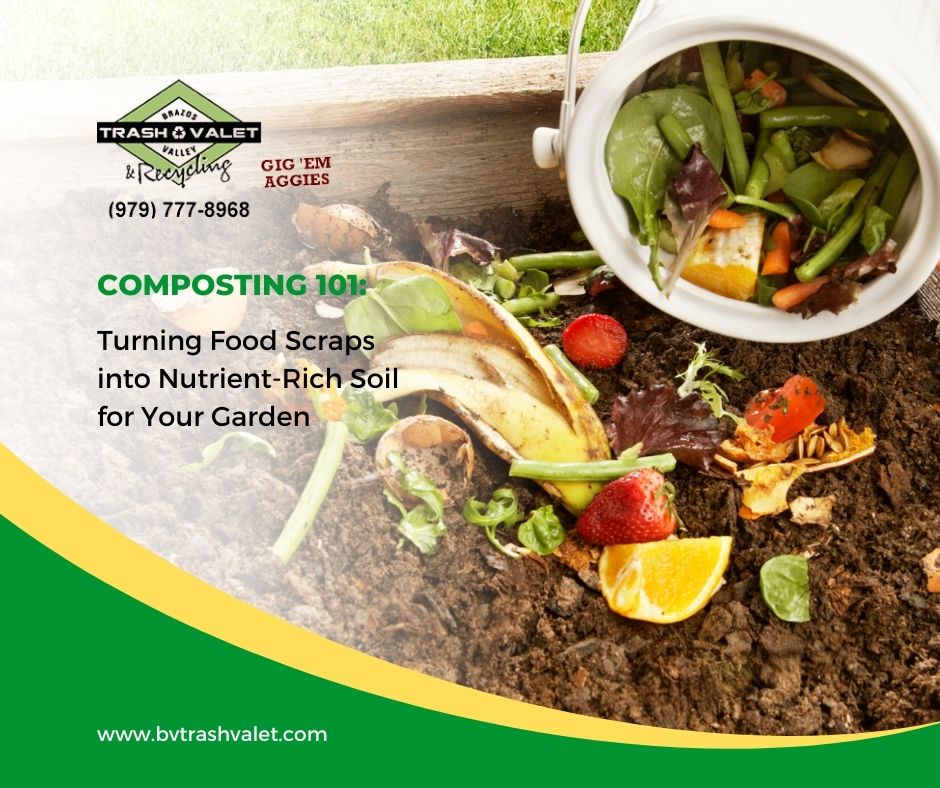
The Benefits of Composting:
Composting offers a myriad of benefits for both the environment and your garden. Firstly, it reduces the amount of organic waste that ends up in landfills, where it decomposes and releases harmful greenhouse gases. By composting, you can help combat climate change by minimizing methane emissions. Additionally, composting enriches the soil, improving its structure, water retention, and nutrient content. It reduces the need for chemical fertilizers, promotes healthy plant growth, and enhances the biodiversity of beneficial microorganisms in the soil.
Getting Started with Composting:
- Select a composting method: Choose a composting method that suits your needs and space. Options include backyard composting, vermicomposting (using worms), or even indoor composting with a compost bin specifically designed for small-scale composting.
- Collect compostable materials: Gather a mix of “green” and “brown” materials. “Green” materials include fruit and vegetable scraps, coffee grounds, and grass clippings. “Brown” materials consist of dry leaves, wood chips, and shredded paper. Avoid adding meat, dairy, oily products, or pet waste to your compost.
- Build your compost pile: Layer your green and brown materials, ensuring a good balance of moisture and aeration. Chop larger materials into smaller pieces to accelerate the decomposition process. Regularly turn the pile to provide oxygen and promote decomposition.
- Maintain proper conditions: Keep your compost pile moist but not waterlogged. Turning it every few weeks helps aerate the compost and speed up decomposition. Aim for a temperature range of 110-160°F (43-71°C) to facilitate the breakdown of organic matter.
- Harvest and use compost: After several months to a year, your compost will transform into dark, crumbly soil-like matter. This is a sign that it’s ready to be used in your garden. Spread the compost around your plants or mix it with potting soil for container gardening.
Composting is a rewarding and sustainable practice that allows us to reduce waste, enrich our gardens, and contribute to a healthier environment. By diverting food scraps and organic waste from landfills, we can create nutrient-rich compost that improves soil fertility and supports thriving plant life. Whether you have a small backyard or limited space indoors, composting is an accessible and beneficial activity for everyone. Start composting today and witness the transformation of your food scraps into valuable resources for a greener world.
Share This Story, Choose Your Platform!
Composting 101: Turning Food Scraps into Nutrient-Rich Soil for Your Garden
Composting is a simple yet powerful practice that allows us to transform food scraps and organic waste into nutrient-rich soil. It not only helps divert waste from landfills but also provides a sustainable solution for enhancing soil fertility and reducing the need for synthetic fertilizers. In this blog post, we’ll delve into the basics of composting and how you can turn your food scraps into valuable compost for your garden.

The Benefits of Composting:
Composting offers a myriad of benefits for both the environment and your garden. Firstly, it reduces the amount of organic waste that ends up in landfills, where it decomposes and releases harmful greenhouse gases. By composting, you can help combat climate change by minimizing methane emissions. Additionally, composting enriches the soil, improving its structure, water retention, and nutrient content. It reduces the need for chemical fertilizers, promotes healthy plant growth, and enhances the biodiversity of beneficial microorganisms in the soil.
Getting Started with Composting:
- Select a composting method: Choose a composting method that suits your needs and space. Options include backyard composting, vermicomposting (using worms), or even indoor composting with a compost bin specifically designed for small-scale composting.
- Collect compostable materials: Gather a mix of “green” and “brown” materials. “Green” materials include fruit and vegetable scraps, coffee grounds, and grass clippings. “Brown” materials consist of dry leaves, wood chips, and shredded paper. Avoid adding meat, dairy, oily products, or pet waste to your compost.
- Build your compost pile: Layer your green and brown materials, ensuring a good balance of moisture and aeration. Chop larger materials into smaller pieces to accelerate the decomposition process. Regularly turn the pile to provide oxygen and promote decomposition.
- Maintain proper conditions: Keep your compost pile moist but not waterlogged. Turning it every few weeks helps aerate the compost and speed up decomposition. Aim for a temperature range of 110-160°F (43-71°C) to facilitate the breakdown of organic matter.
- Harvest and use compost: After several months to a year, your compost will transform into dark, crumbly soil-like matter. This is a sign that it’s ready to be used in your garden. Spread the compost around your plants or mix it with potting soil for container gardening.
Composting is a rewarding and sustainable practice that allows us to reduce waste, enrich our gardens, and contribute to a healthier environment. By diverting food scraps and organic waste from landfills, we can create nutrient-rich compost that improves soil fertility and supports thriving plant life. Whether you have a small backyard or limited space indoors, composting is an accessible and beneficial activity for everyone. Start composting today and witness the transformation of your food scraps into valuable resources for a greener world.
